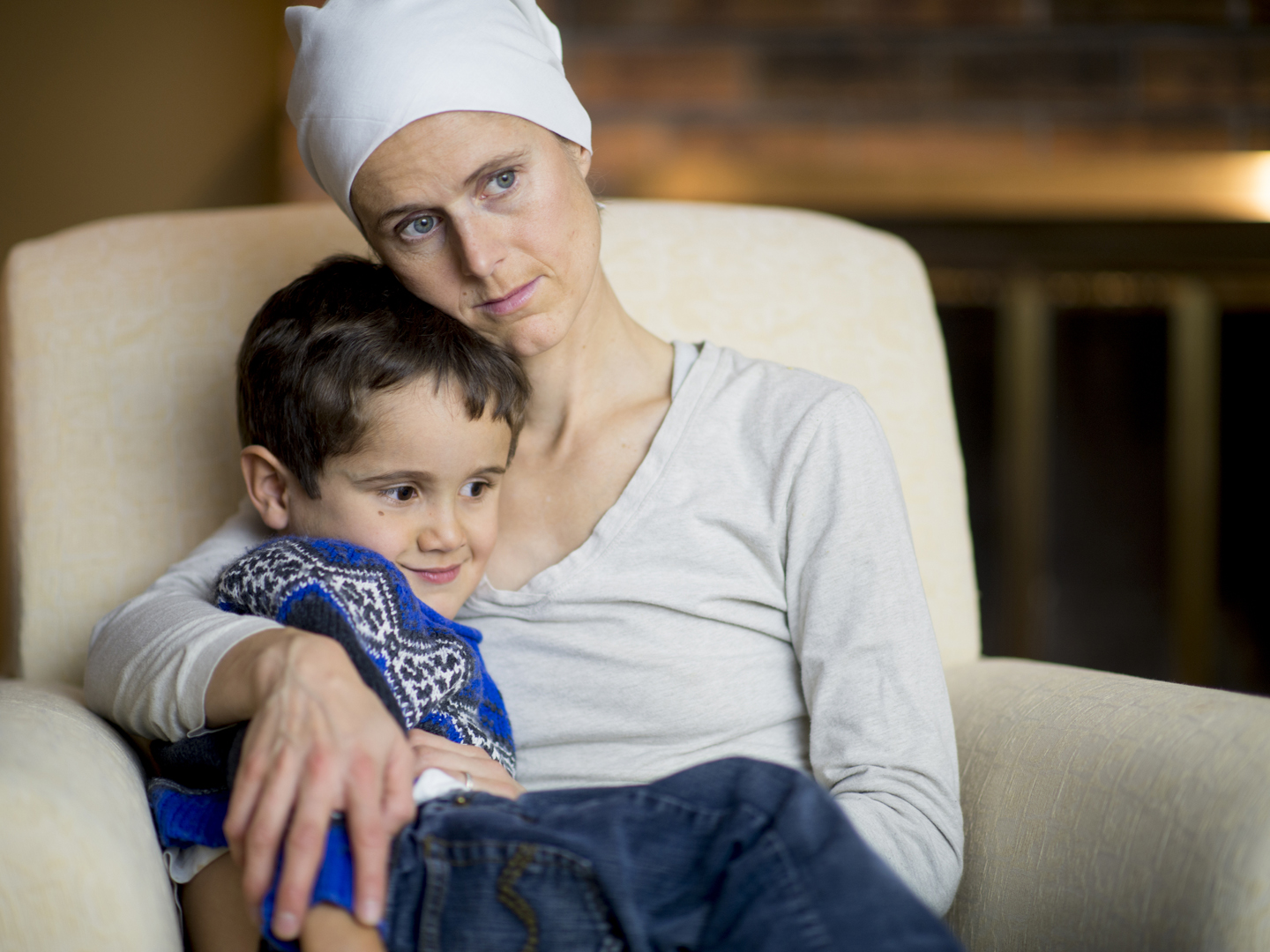Preventing Weight Loss During Cancer Treatment?
My mother has been diagnosed with cancer and will soon begin chemotherapy. I’ve seen some cancer patients virtually waste away, and my mom is slim to begin with. What can we do to make sure she gets adequate nutrition despite any nausea she may experience?
Andrew Weil, M.D. | March 9, 2010

You ask a very important question. Some 700,000 North Americans die of cancer every year, and according to a study published in November, 2006, in the American Journal of Clinical Nutrition, malnutrition stemming from loss of appetite and the inability to eat affects most of them. By the time they’re diagnosed, some patients have already lost a significant amount of weight (10 percent or more of their body weight). A focus on good nutrition and some know-how about what foods are easiest for cancer patients to eat can help stem weight loss that can be weakening and reduce chances for survival.
I discussed this issue with Sharon Day, R.D., director of nutrition for the Cancer Treatment Centers of America, who stressed the importance of individual nutritional counseling for cancer patients. (Some hospitals provide this; many don’t.).
Fortunately, today’s anti-nausea treatments have lessened the impact of that notorious side effect of chemotherapy. But, despite that, Ms. Day told me that patients often report having no appetite and find that when they try to eat, they find that they simply can’t bring themselves to swallow the food. Here are the tips she offered that might help:
- Drink calories. This is for patients who are struggling to meet their daily goal for calories and protein, not for those who are tolerating their treatment and are not losing weight. The best option: smoothies made with plain yogurt and berries, low fat milk, and drinkable yogurt.
- Choose foods with sauces and gravies, which are easier to swallow than dry foods.
- Avoid meat that must be chewed vigorously. Shredded meat is easier to eat. Egg salad is another protein source that patients seem to like and that doesn’t require much chewing.
- Serve food cold or at room temperature to cut down on their odors, which often can trigger nausea or loss of appetite; cold cereal or cheese and crackers are good choices.
- Eat out of doors if possible. Food odors are less strong in the fresh air.
- Instead of three major meals, have four to six smaller meals per day.
- Combat nausea with ginger in capsule form or as ginger tea or ginger beer.
- Nuts are usually well tolerated, and they’re high in healthy calories.
I hope these suggestions are helpful, and I strongly recommend seeking out a dietician who can assist in structuring an eating plan for your mother based on her food preferences and the potential side effects of her treatment.
Andrew Weil, M.D.
More information: Cancer, The Lifestyle Connection.










